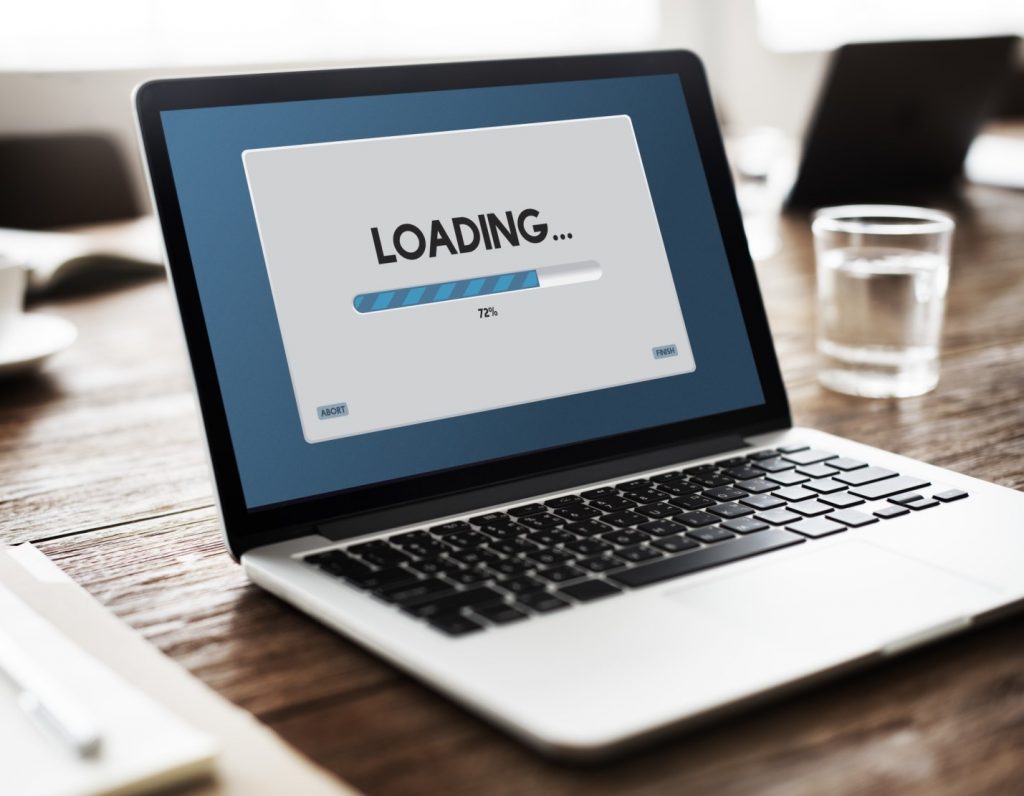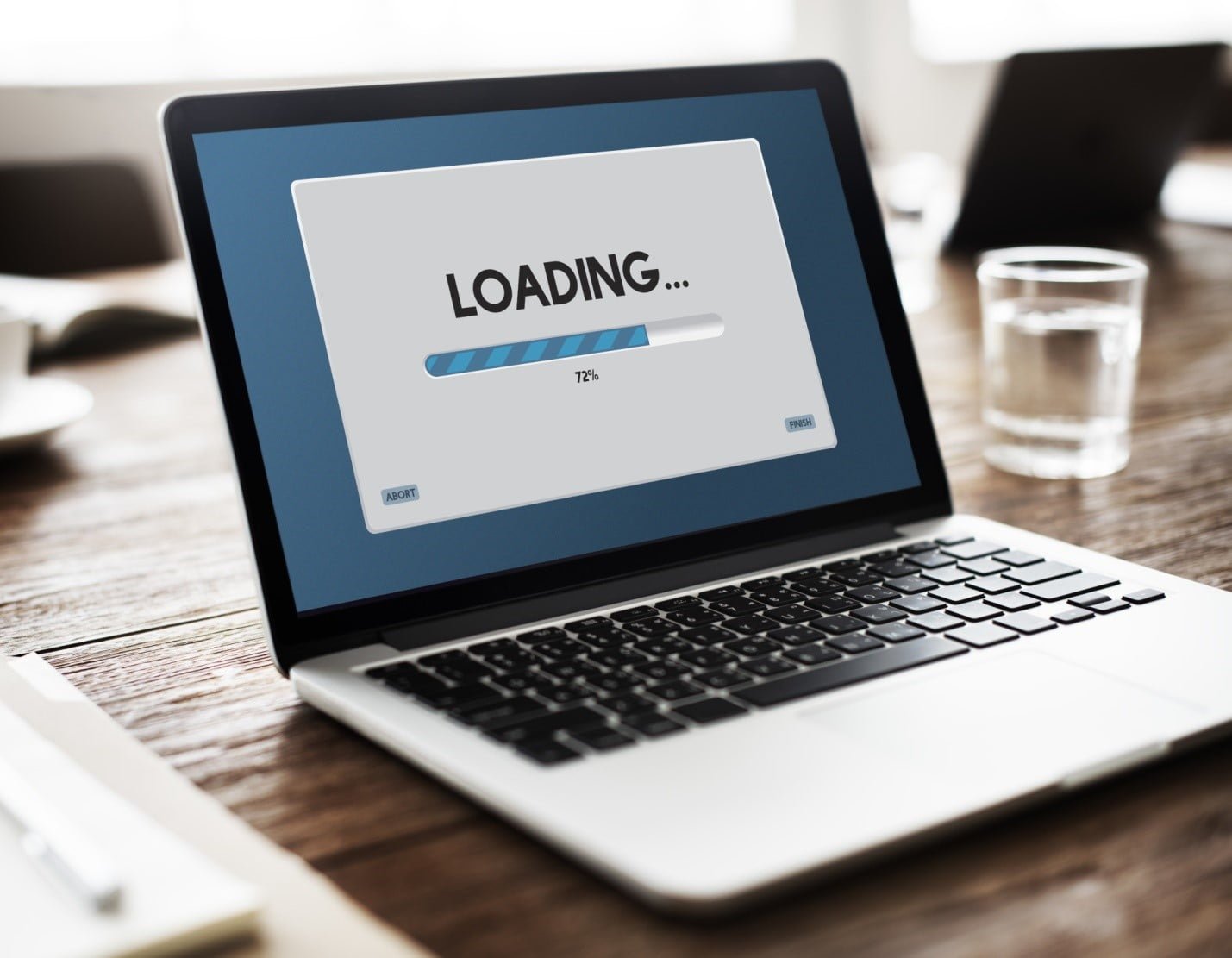
As time passes and technology advances, our patience decreases. So in today’s high-tech world, when it comes time to complete a project or find information online and your computer drags rather than sprints, it can be a frustrating experience.
And this situation is only made worse if you don’t know how to speed up your computer. Luckily, kicking your computer into high gear is easier than you might think!
To learn how to tackle computer management like a pro and speed up your system in the process, just keep reading.
1. Check Startup Programs
When you find that your computer has begun to slow down, the first thing to look at is your startup programs. These are the programs that run automatically when your computer is turned on or restarted.
Now, your antivirus software starting with your computer is one thing, but do you really need Spotify and Slack to open on their own as well? Consider keeping non-essential programs closed until you need them – you’d be surprised by what a difference it makes!
2. Delete Unused Programs and Apps
The beauty of the modern computer is that it isn’t just a machine on which to write or browse the web, there are programs and apps for every need and interest. If you’re not careful though, these apps can bog down your computer.
Look through your programs or apps (depending on the type of computer you own) and uninstall old software that you no longer use. If you find that you miss it down the road, good news! You can simply install it again.
3. Clear Disk Space
When you buy your computer, you always think it will have plenty of space. But then a few years pass and you suddenly realize that your free space is dwindling.
Clearing out old programs and apps will help free up space, but the task isn’t over yet. You’ll also need to go through your files, particularly those on the larger side, and delete the ones you don’t need.
Your computer can give you a breakdown of what’s taking up the most space on your specific system, start with the largest category and work your way down. If you’re not sure of the best way to go through each category, there are plenty of tricks to use, and MacPaw can help!
4. Utilize the Cloud
File management can sometimes seem impossible, especially if the bulk of your files is made up of digital photos and your vintage music collection. Thankfully, technology has made the solution to this dilemma simple – use the cloud!
You can put all of those old photos, songs, and documents in the cloud, then you still have them without slowing down your computer.
If you’re uncomfortable with the idea of the cloud or don’t want to pay the fee to use it, an external hard drive provides the same service.
5. Keep Your Computer Updated
Whether you have a PC or a Mac, it’s imperative that you keep it updated. Yes, system and program updates are a hassle, but that’s no excuse to neglect your computer!
Good computer management means saying yes to updates whenever they present themselves.
If you’re in the middle of something when you get the notification, make a mental (or physical) note to do it later that day. Putting off updates not only slows down your computer but also puts it at risk.
6. Defragment Your Drives
Defragmentation is often a slow process, but one worth spending an afternoon away from your computer to complete. Though it does nothing to remove files, it can still make a huge difference in your computer’s speed.
When you run a disk defragment, you’re optimizing your hard drive. Your computer will search for fragments of files throughout your hard drive and organize all the data. This frees up space and allows your computer to access information in less time.
7. Shut the System Down Daily
The sleep feature is handy, isn’t it? You can leave a project half-completed at night and it will be there waiting for you when you wake up, no fuss required.
That said, think about how often you use this feature. If the answer is every day, you’re mistreating your computer.
In order to run at peak performance, your computer needs time to rest. Selecting sleep rather than shut down prevents this rest, forcing the system to work even harder.
It might add a minute or two to your work but aim for shutting down your computer whenever you can.
8. Add RAM to Your Computer
If nothing else works, or if you have a need for speed that your computer can’t satisfy, you can add more RAM to your system. This is your computer’s temporary storage memory.
When you place more of a demand on your computer than its RAM can keep up with, the system will slow down. For a quick fix, you can buy memory sticks to add more RAM. You can also install a new RAM entirely if you need to.
Use These Tips to Speed Up Your Computer and Prolong Its Life
More often than not, a slow computer is not only annoying, it’s also a sign of an overworked system. Because of this, when you take steps to speed up your computer, you’re also ensuring that its life lasts as long as possible.
At the end of the day, your computer isn’t just an incredibly useful piece of technology, it’s an investment! And by taking small daily steps to maintain your computer, you’re protecting that investment (not to mention your vast collection of memes).
Looking for more tips for getting the most out of your technology? Be sure to check out our blog!


Leave a Reply